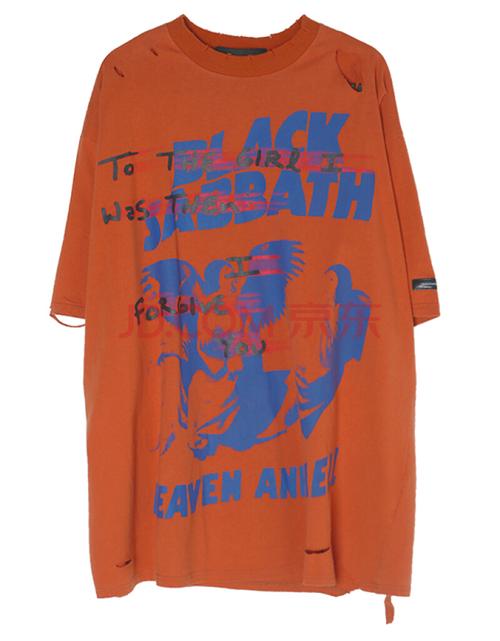Generally, the design of customized clothes can be modified, but whether subsequent adjustments can be made depends on the specific customization process and the supplier’s policy. The following is the feasibility of customized post-adjustment designs that may occur under general circumstances.
First of all, in the initial design stage of customized clothes, customers usually communicate in detail with suppliers or designers to determine the style, size, fabric, and quality of the clothes. elements such as color. At this stage, if the customer has any modification or adjustment requirements, it can generally be made. The supplier or designer will make modifications according to the customer’s requirements to ensure that the final product meets the customer’s expectations.
However, once the design of a custom garment is finalized and production begins, the feasibility of adjusting the design at a later stage is limited. This is because the production process of custom clothes involves multiple links, including cutting, sewing and finishing steps, and each link needs to be operated according to specific specifications. Once in the production process, it is difficult to make large-scale design adjustments because this may cause all or part of the previous work to be invalidated.
There may be some leeway for minor design tweaks. For example, if the size of a garment is slightly off, the supplier may be able to make small corrections. Or, if the color choice isn’t what you expected, there may be some adjustments that can be made through dyeing or printing. However, the feasibility of such late adjustments often needs to be proposed at an early stage in the production process and depends on the supplier’s capabilities and policies.
Overall, it is less feasible to make design adjustments in the later stages of customized clothing. This is because the production process of customized clothes is relatively complex, and design adjustments may cause difficulties and delays in the production process. Therefore, before customizing clothes, customers should communicate their needs in as much detail as possible to ensure that the design plan meets their requirements to avoid the need for large-scale design adjustments later.
It should be noted that different suppliers and custom service providers may have different policies and procedures. Some suppliers may be more flexible about design adjustments at a later stage, while others may limit design adjustments to after production has begun. Therefore, when choosing a custom service provider, customers should understand its policies and procedures and make appropriate choices based on their needs.
Finally, regardless of whether post-production adjustments are possible, the quality and fit of custom-made clothes are most important. Customers should carefully check the style and size before customizing clothes to ensure that the design matches their requirements. The design and production of customized clothes requires time and effort, so customers should fully consider their own needs and expectations before customizing, and fully communicate and confirm with suppliers or designers.






